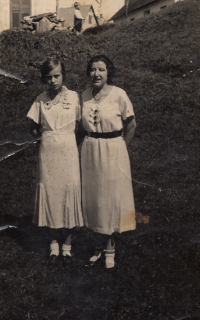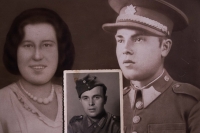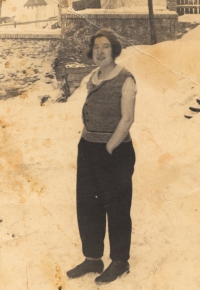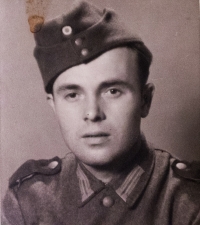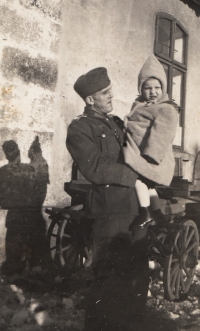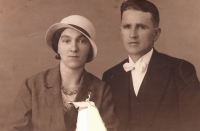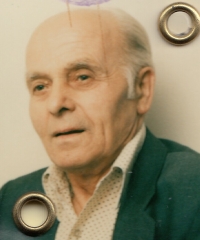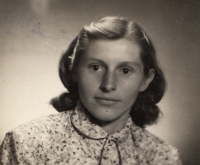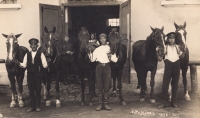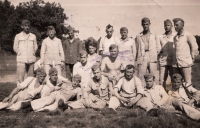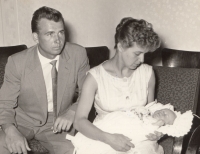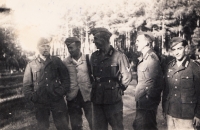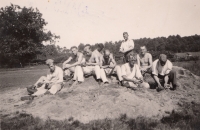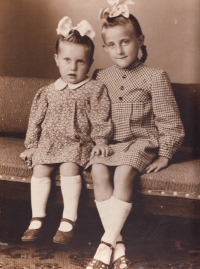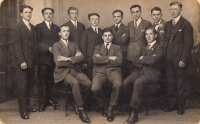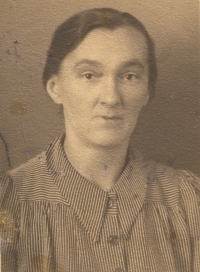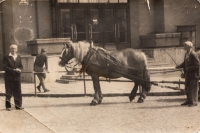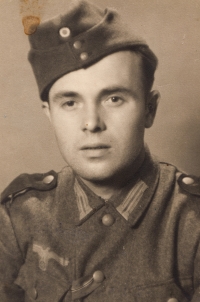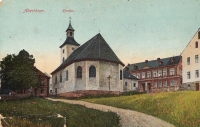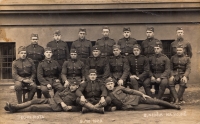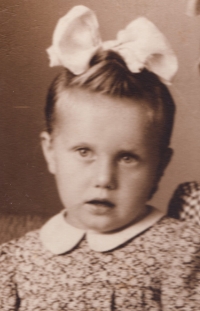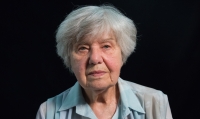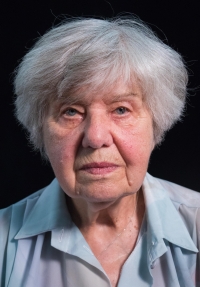I am sorry that I haven‘t been asking about the past more
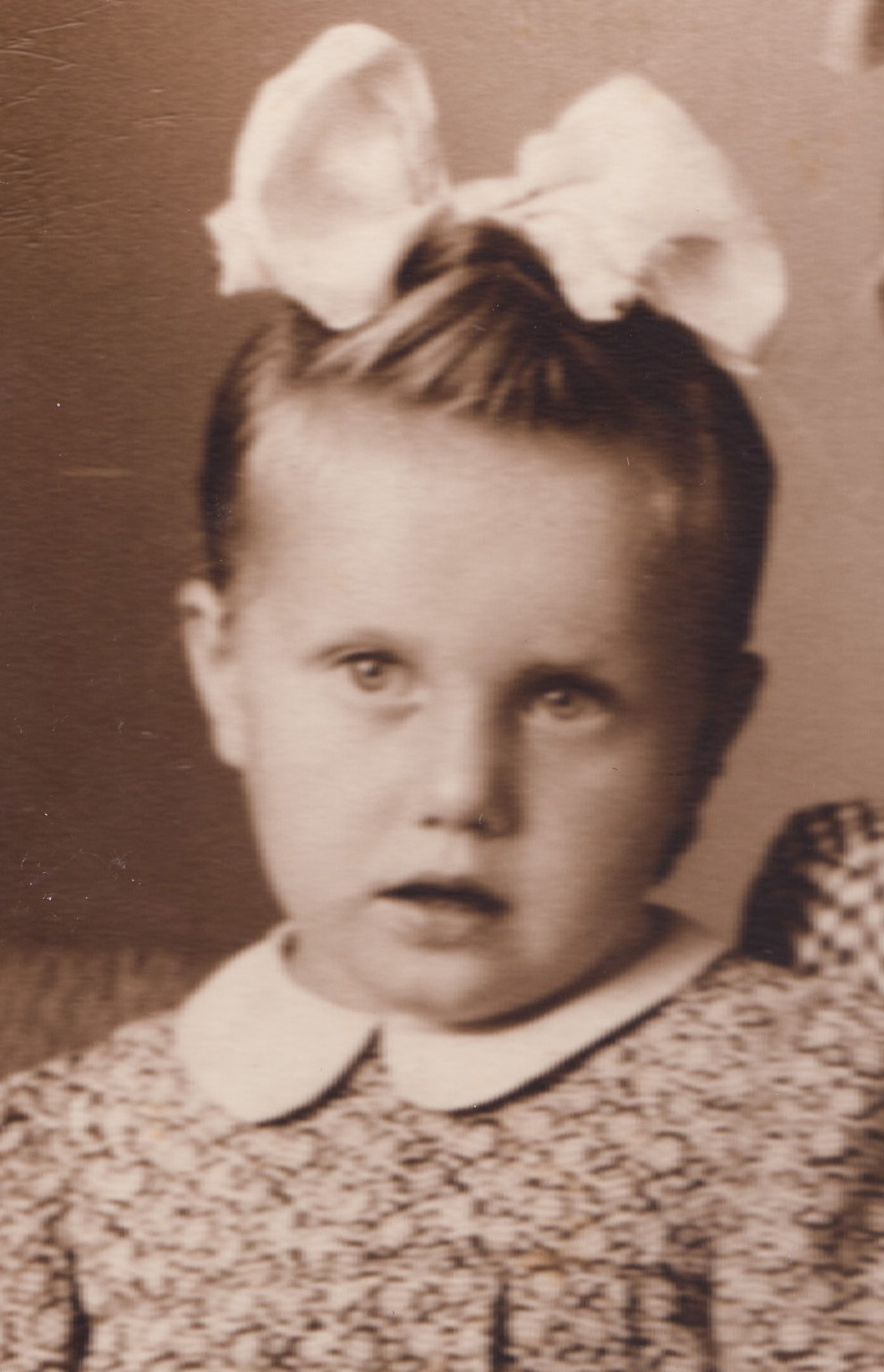
Stáhnout obrázek
Růžena Pavlíková, née Kolitschová, was born on February 26th 1940 in the town of Abertamy in the Sudeten part of the Carlsbad (Karlovy Vary) region. Růžena‘s birth was accompanied by a tragic event: her mother, Anna, née Löffler, died during childbirth, and her father, Moritz Kolitsch, who did a blue-collar job in the leather processing industry, was serving in Wehrmacht at that time. Růžena and her four years older sister Helga were taken in by Aloisie and Antonín Habrecht from Albertamy, a childless pair who ware also in the glove-making business. Even before that, they had adopted Emma, a German girl twelve years older than Růžena. Her father settled in Germany after the war and didn‘t claim responsibility for his daughters. In 1946, Mrs and Mr Habrecht and their adopted daughters had been included in the last wave of deportations to Germany and spent several days in the detention camp in Nejdek. However, the deportation didn‘t take place in the end and the family had returned to Abertamy. But after several weeks, they were forced to leave their home – with two suitcases, they moved inland, to a farm in Zhoř near Rakovník. There they were given a single room to live in. Shortly after their arrival, Aloisa‘s infirm mother had died, exhausted by being forced to leave her home. In 1947, Růžena started elementary school in Krakovec near Zhoř and began to learn Czech. In 1951, her foster mother, Aloisie, had developed cancer. Emma, the oldest of her foster children, managed to get her treatment in a hospital in Karlovy Vary and arranged for the girls to move to Jáchymov where she lived with her husband. A year later, Aloisie died in Jáchymov. Růžena had to work since the age of 15. She started as a nanny in a Russian family in Jáchymov, then, at the age of sixteen, she was working as a kitchen helper, and as a 17 years old, she started working in the mines, issuing tags and lamps to miners. In 1958, she met her future husband, Jiří Pavlík, at her workplace in the Jáchymov mines, whom she married in 1960. Together, they raised two sons. After that, Růžena had been working as a phone operator at Tosta textile factory for 12 years and for the next 17 years she was a receptionist at a spa resort where she made use of her knowledge of German. She met her father for the first time in 1970, at the age of thirty. She has been living in Ostrov nad Ohří with her husband.
